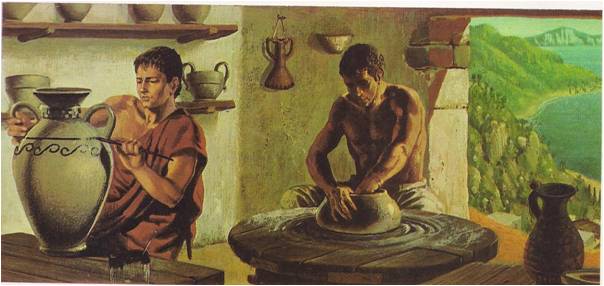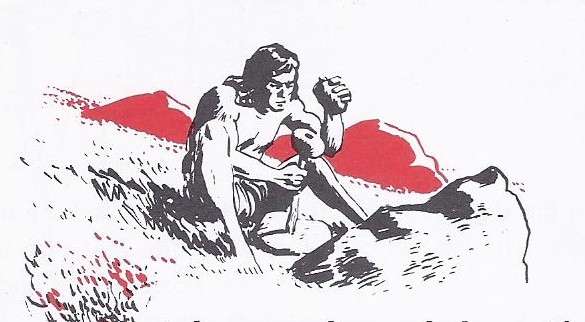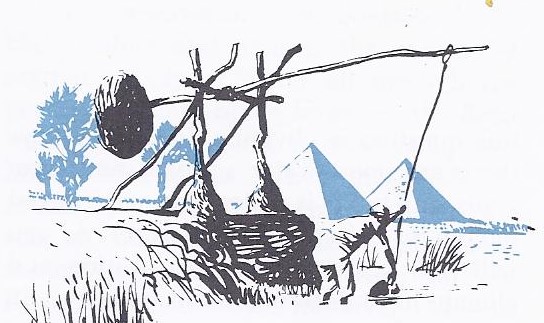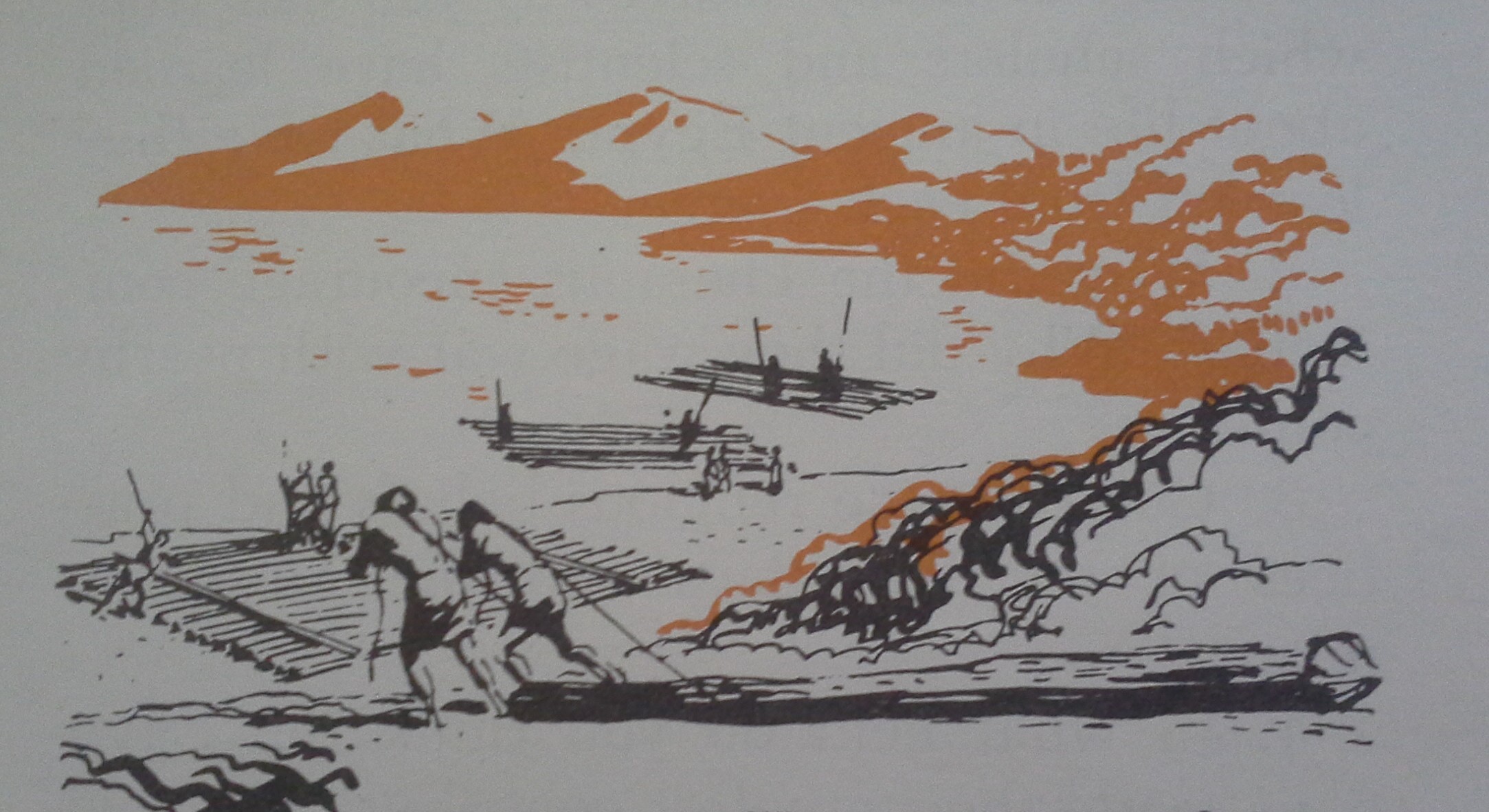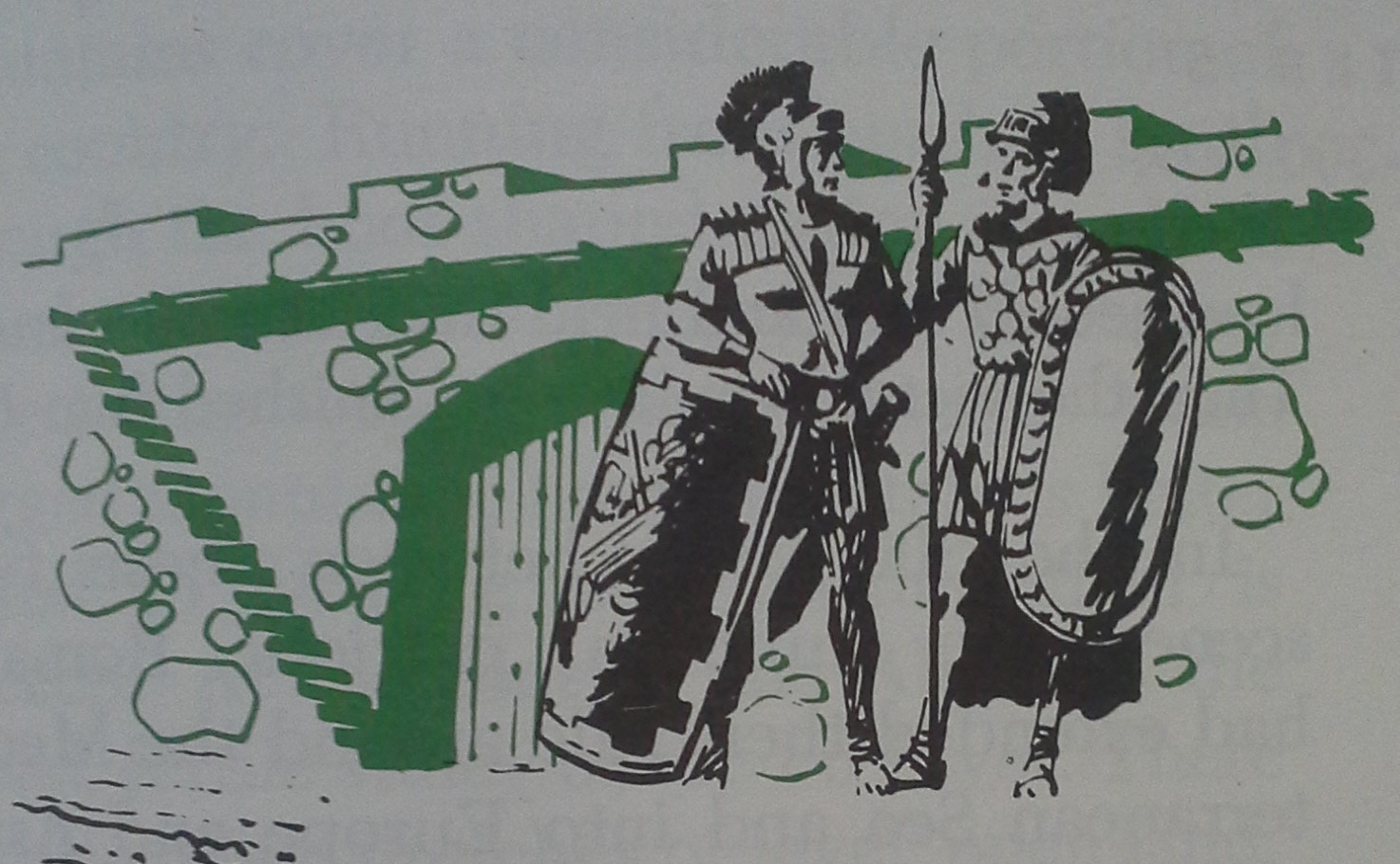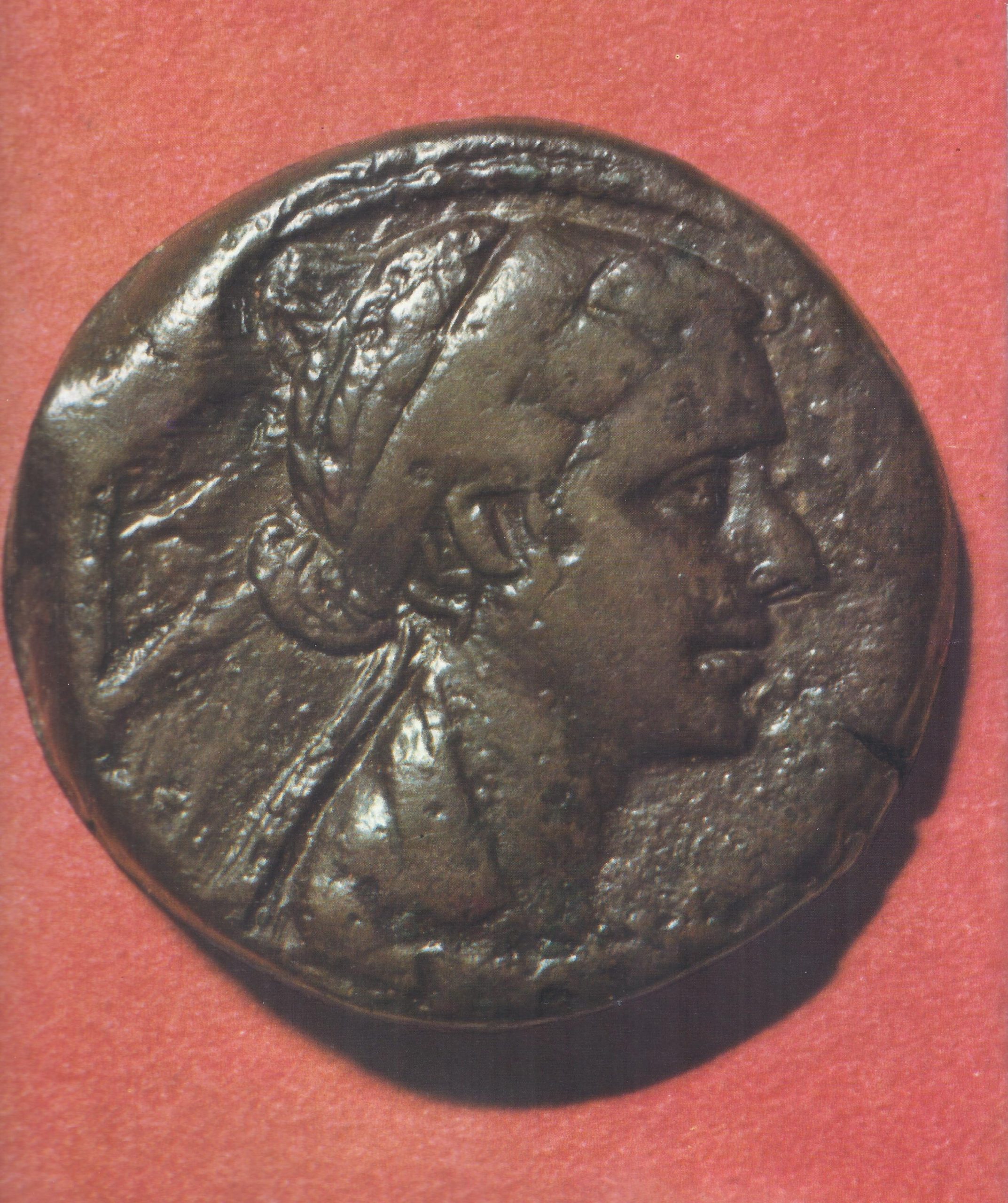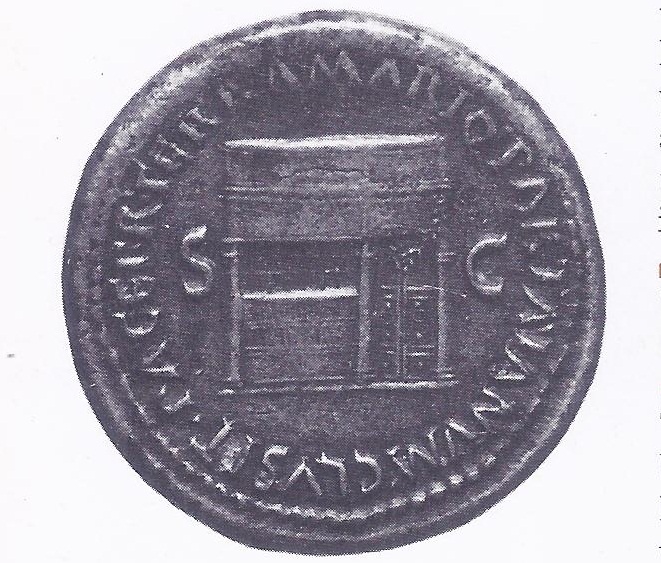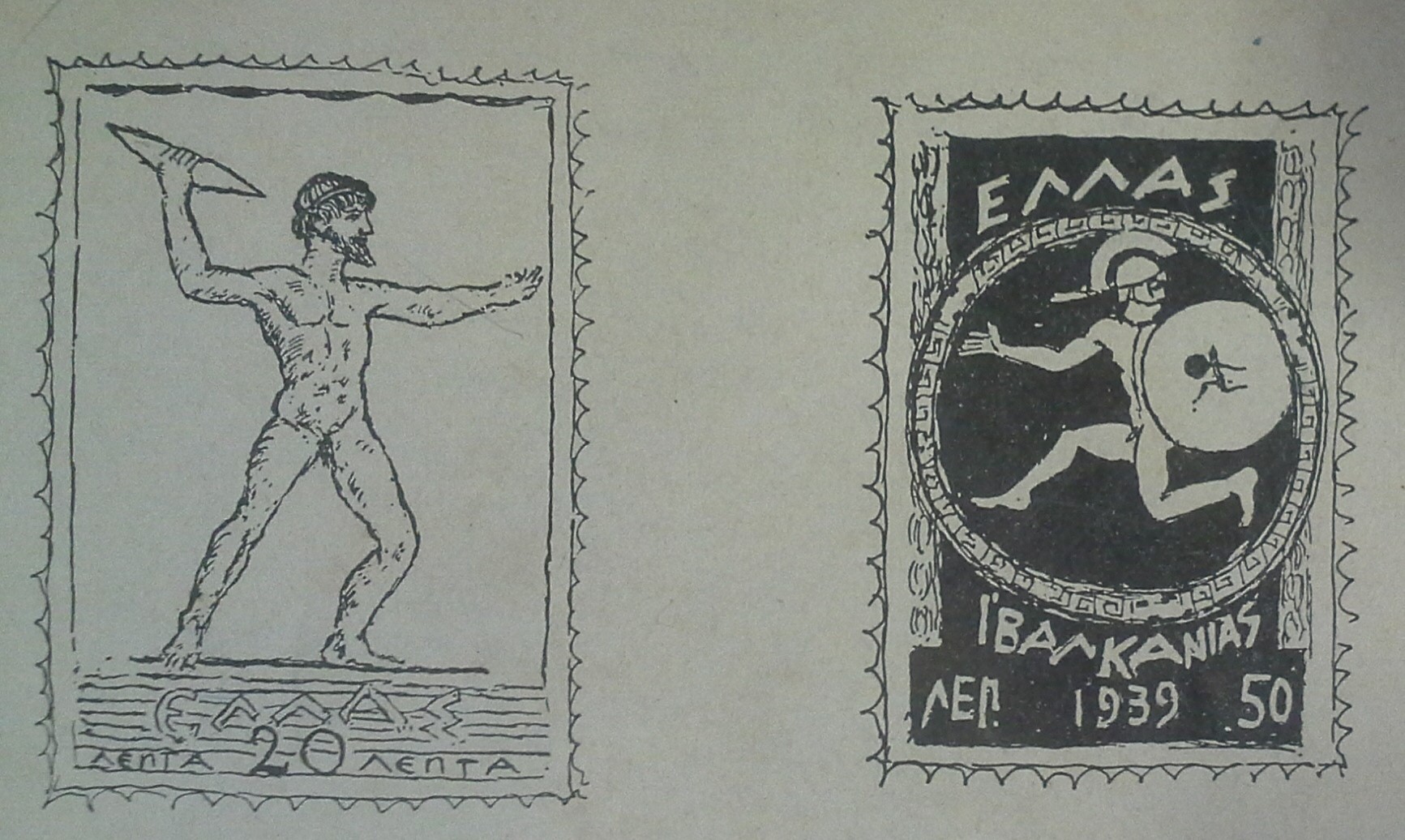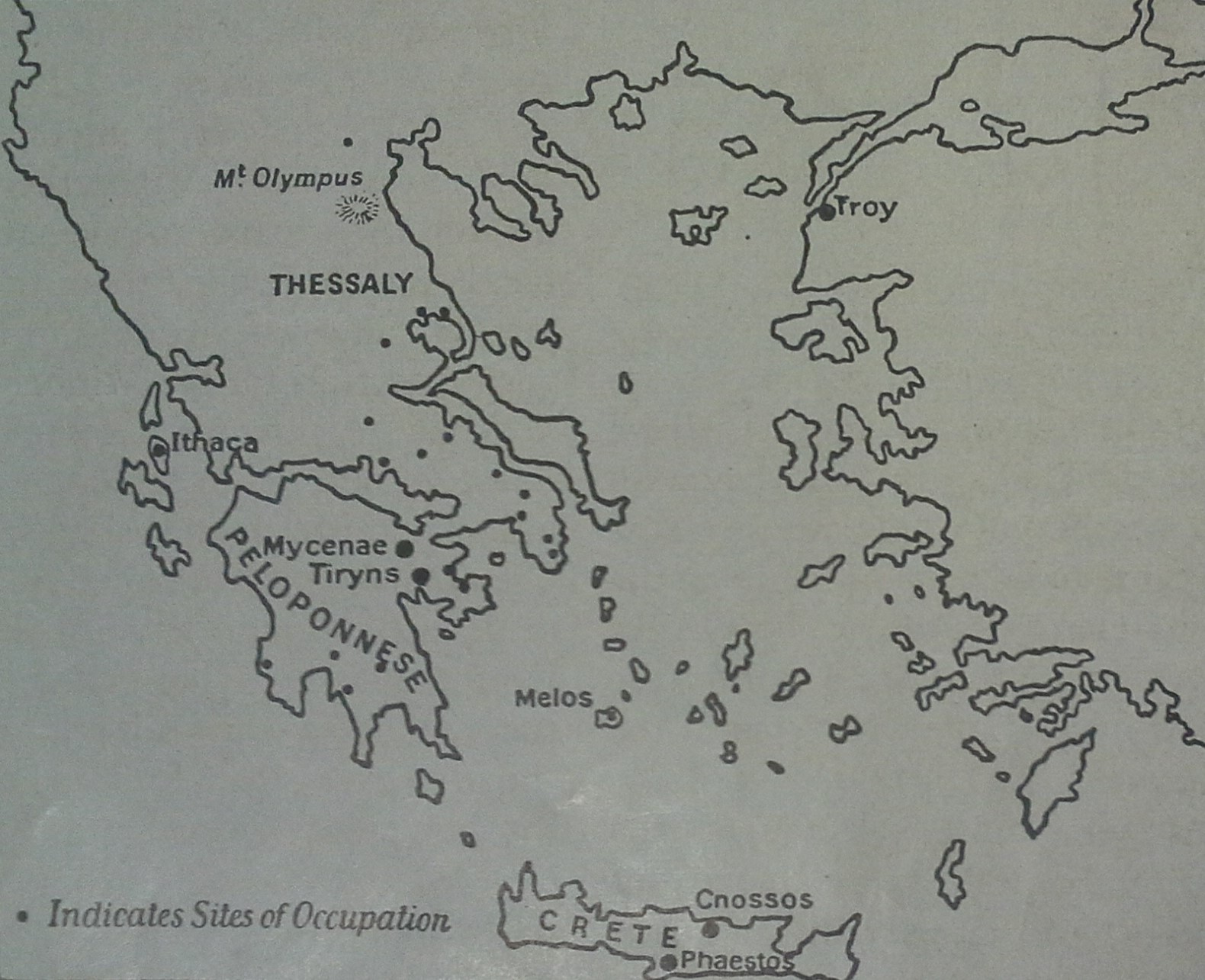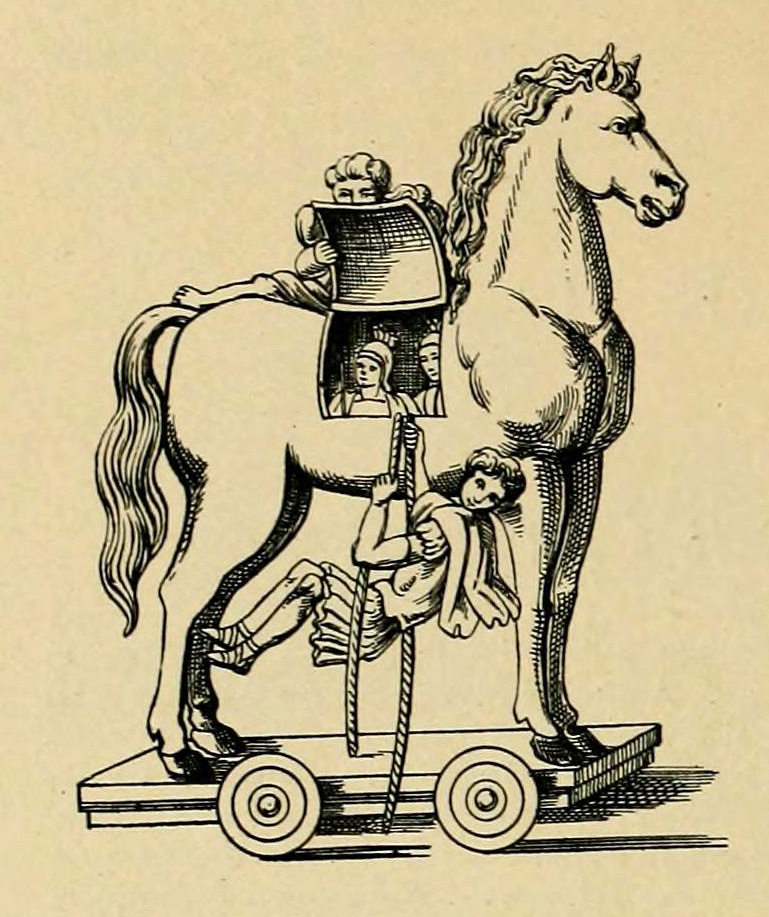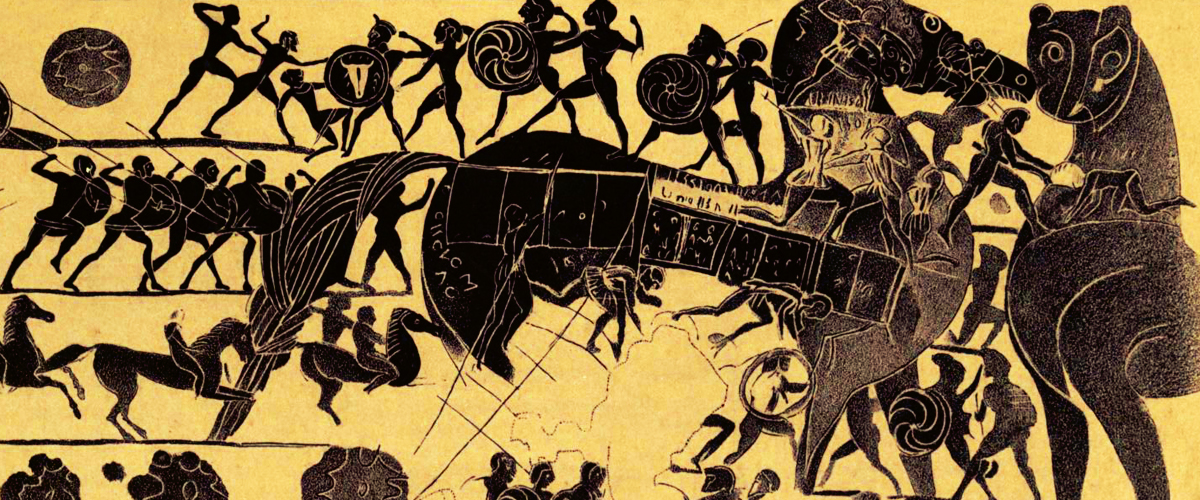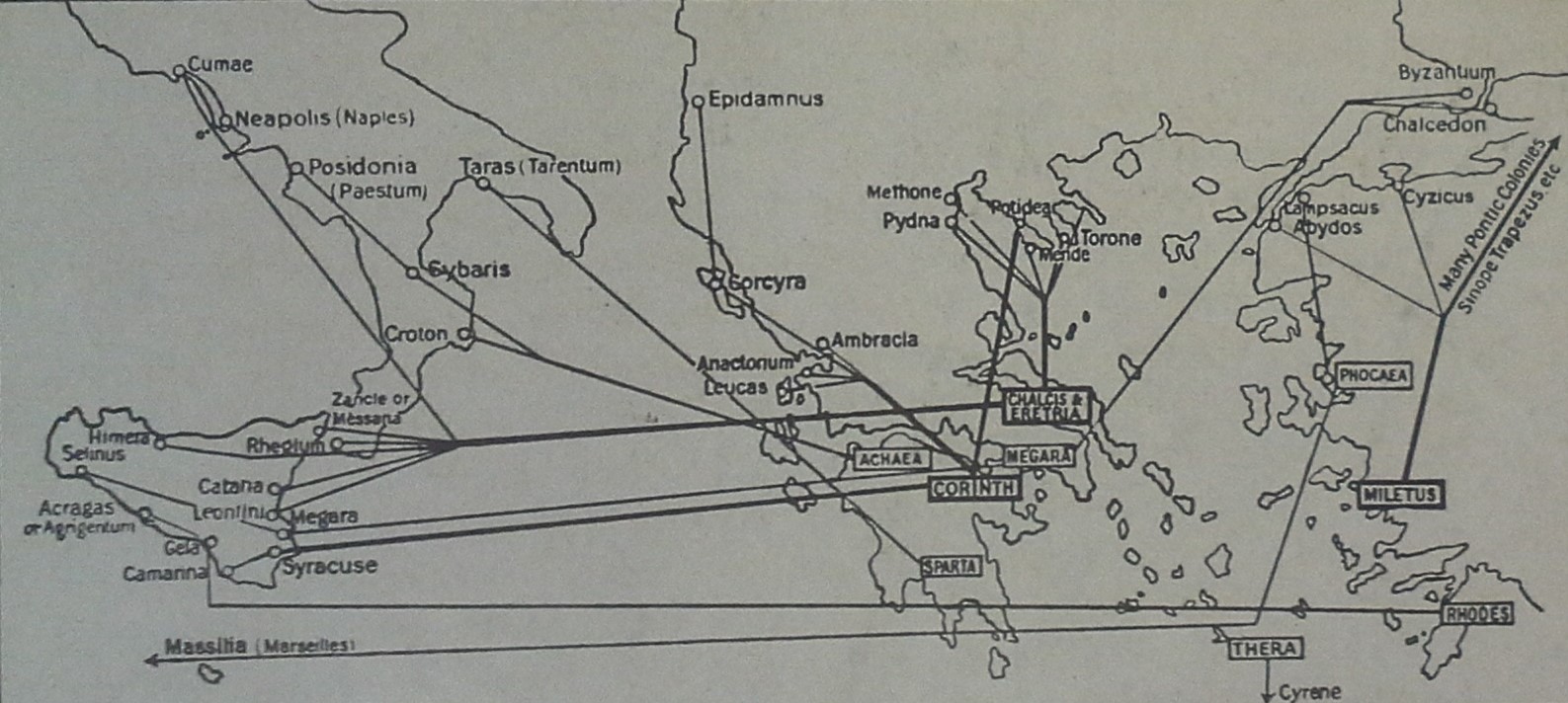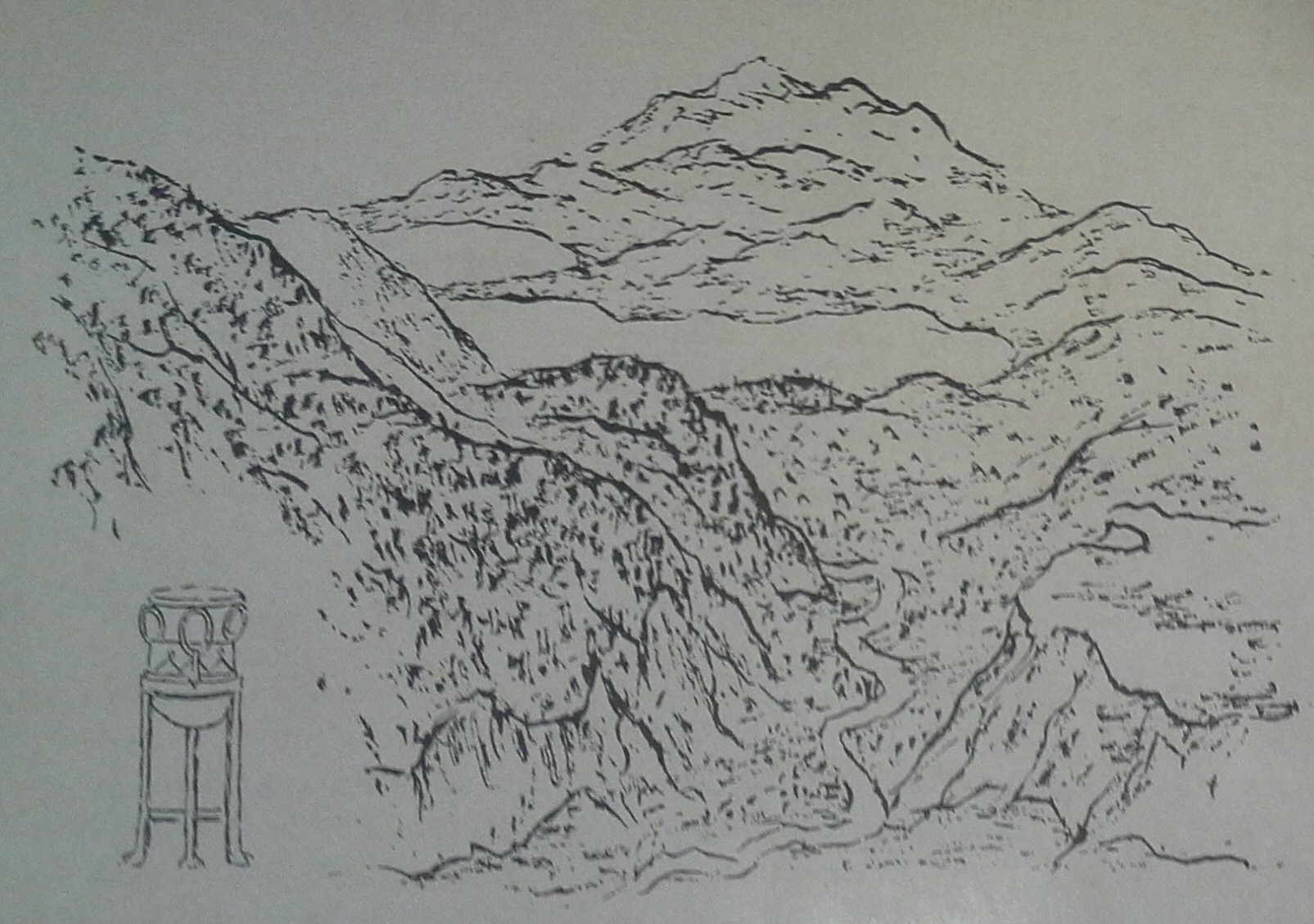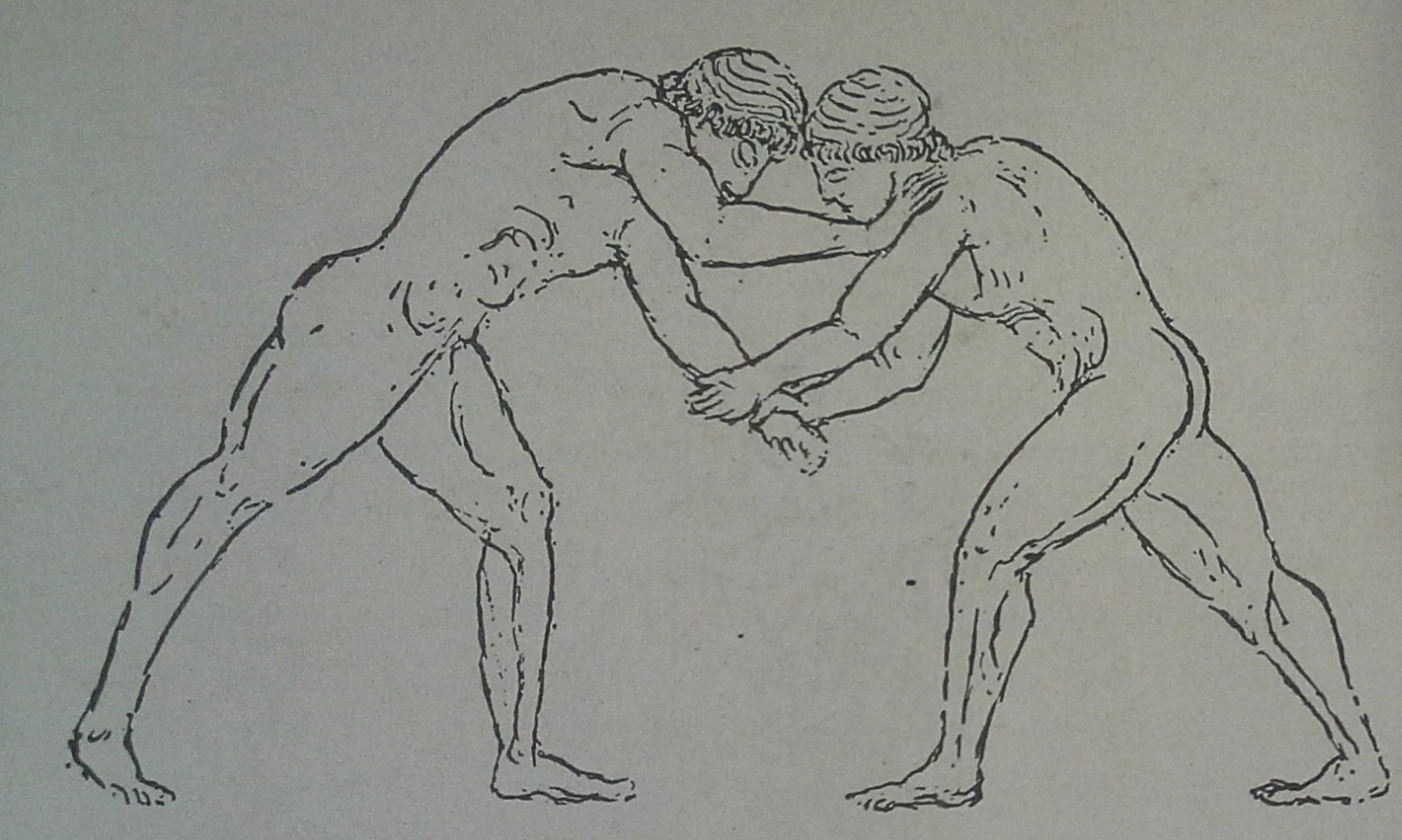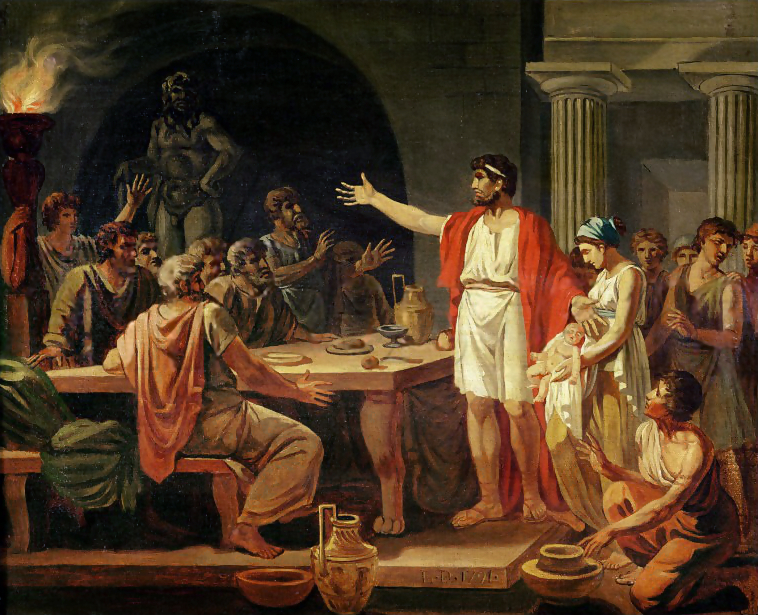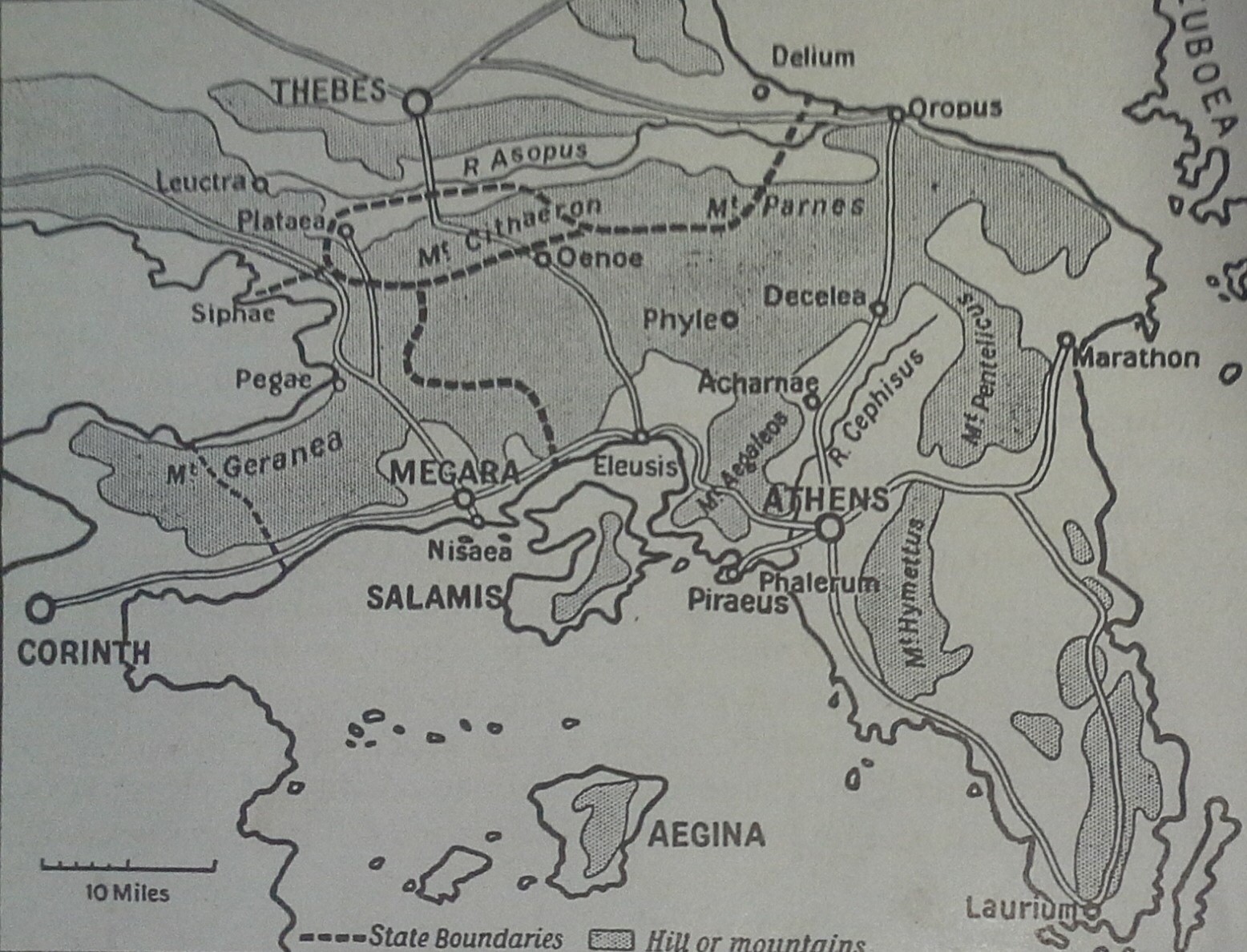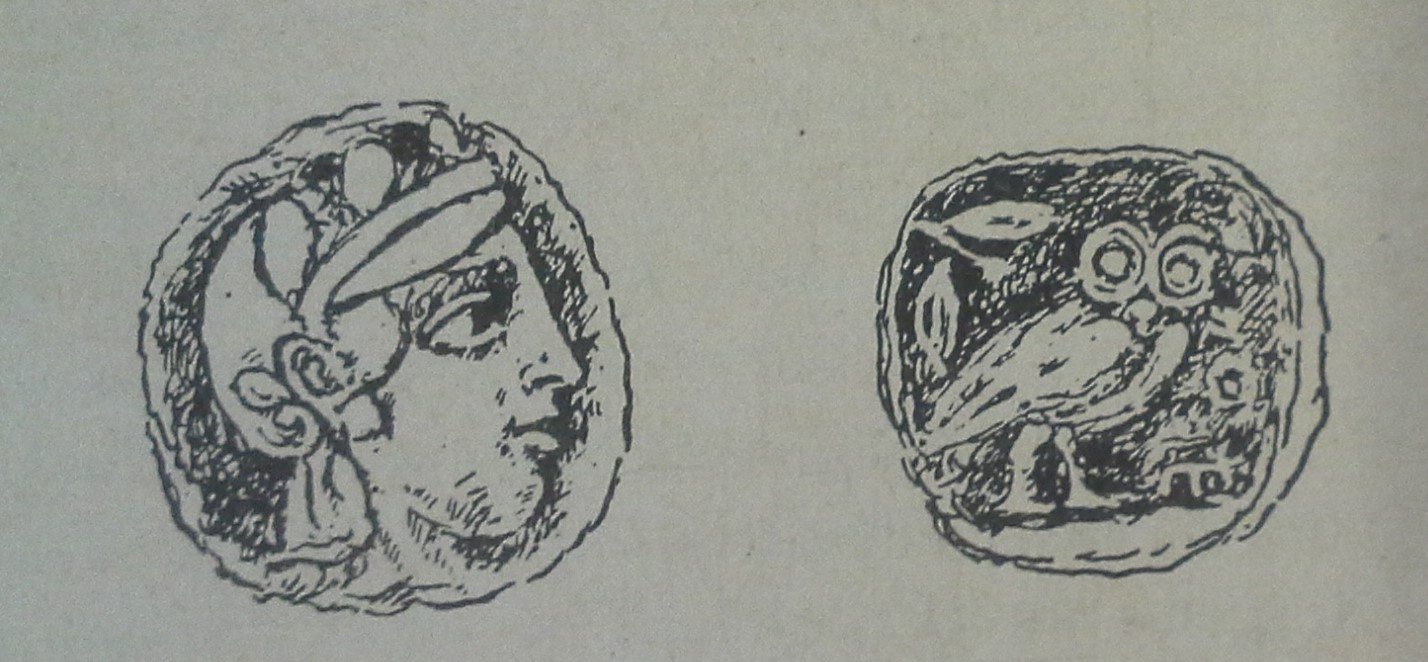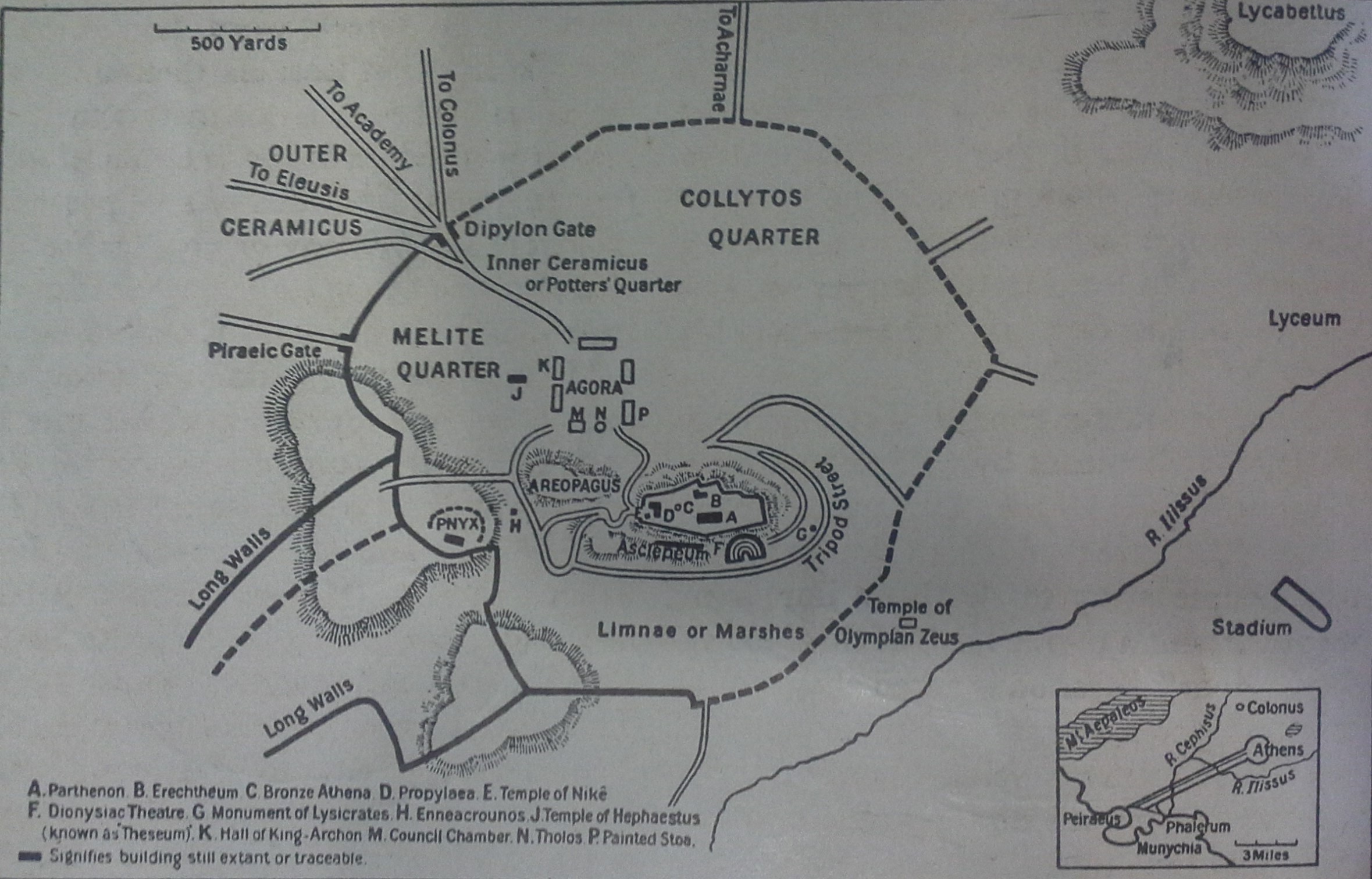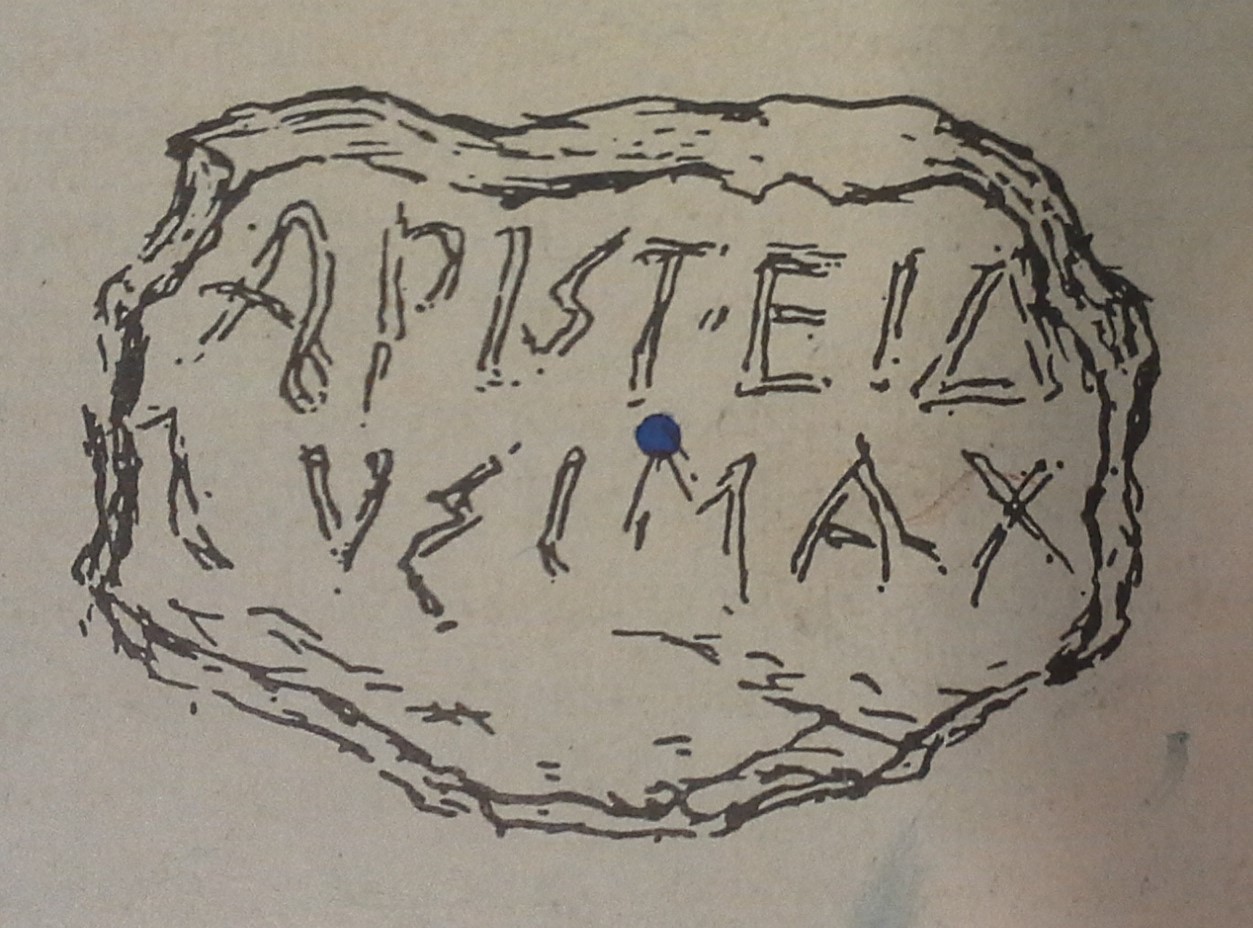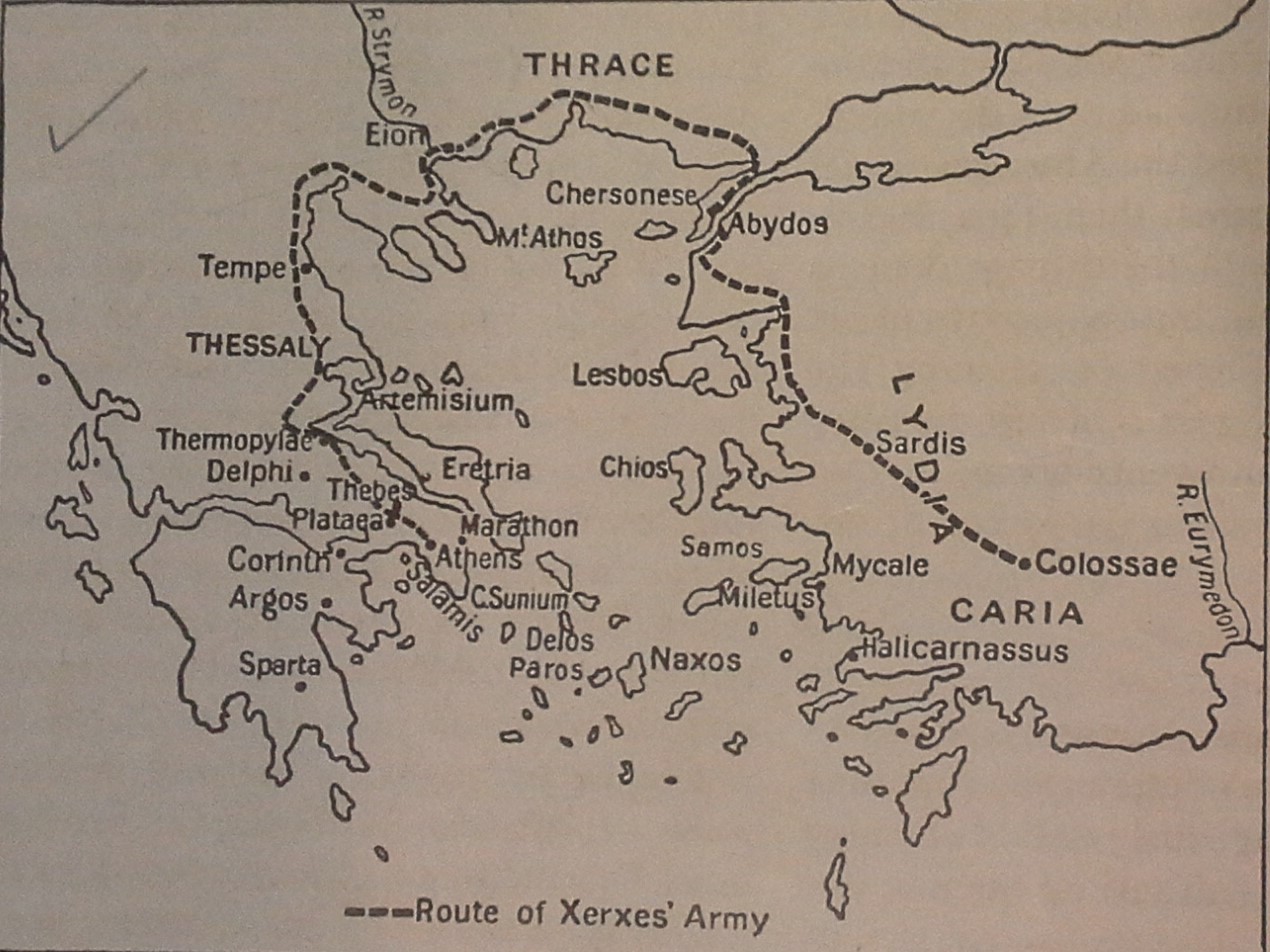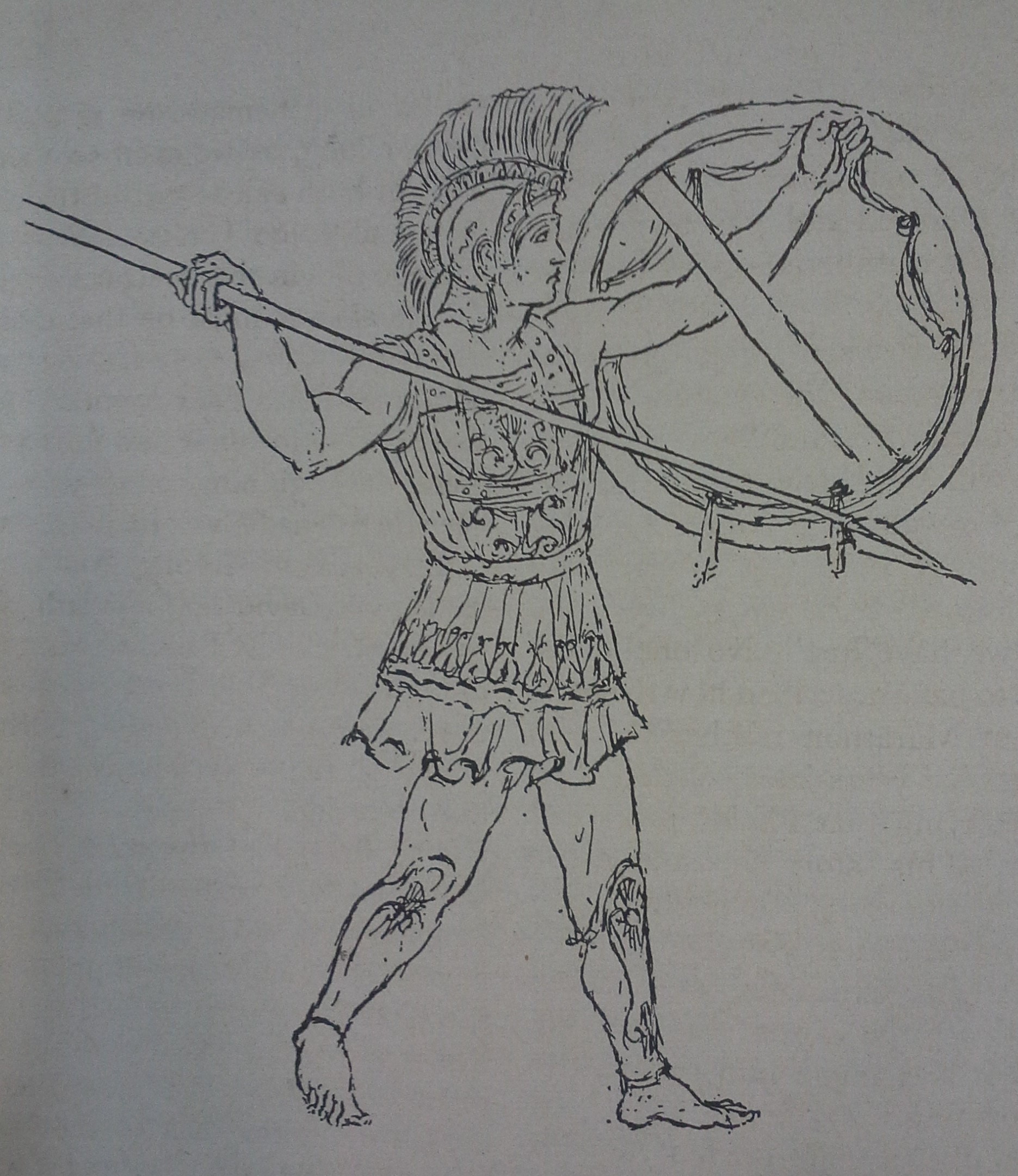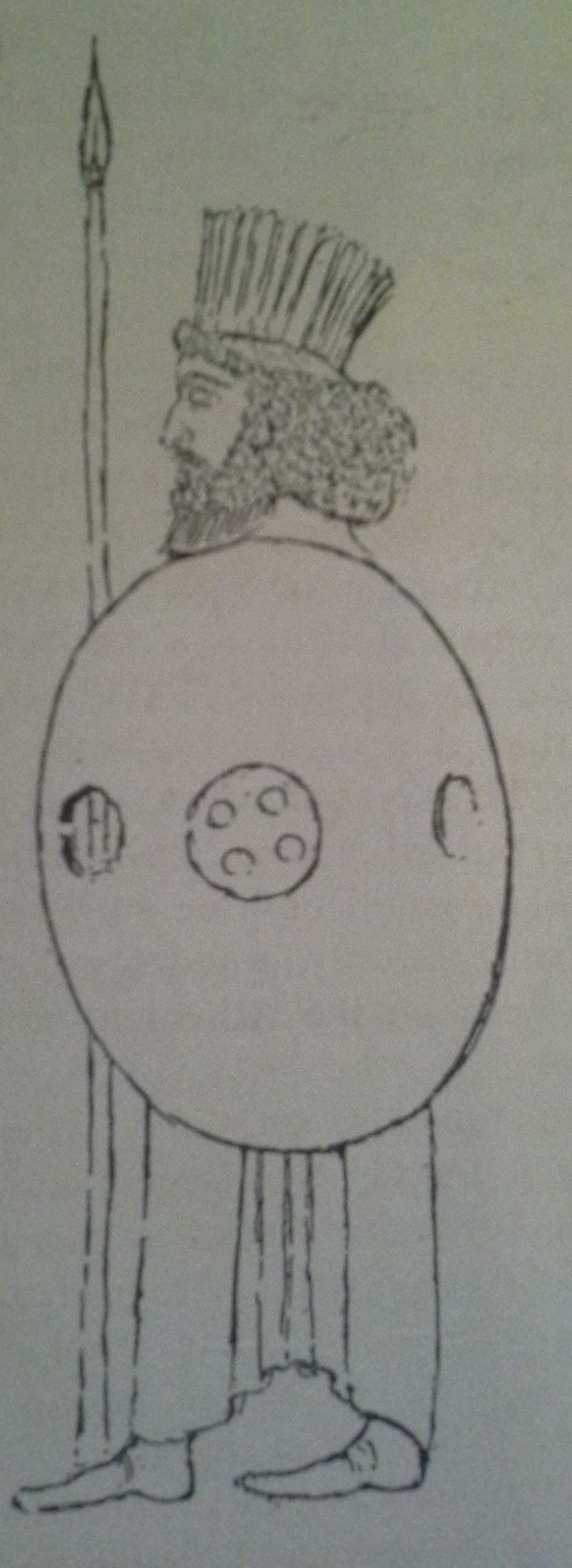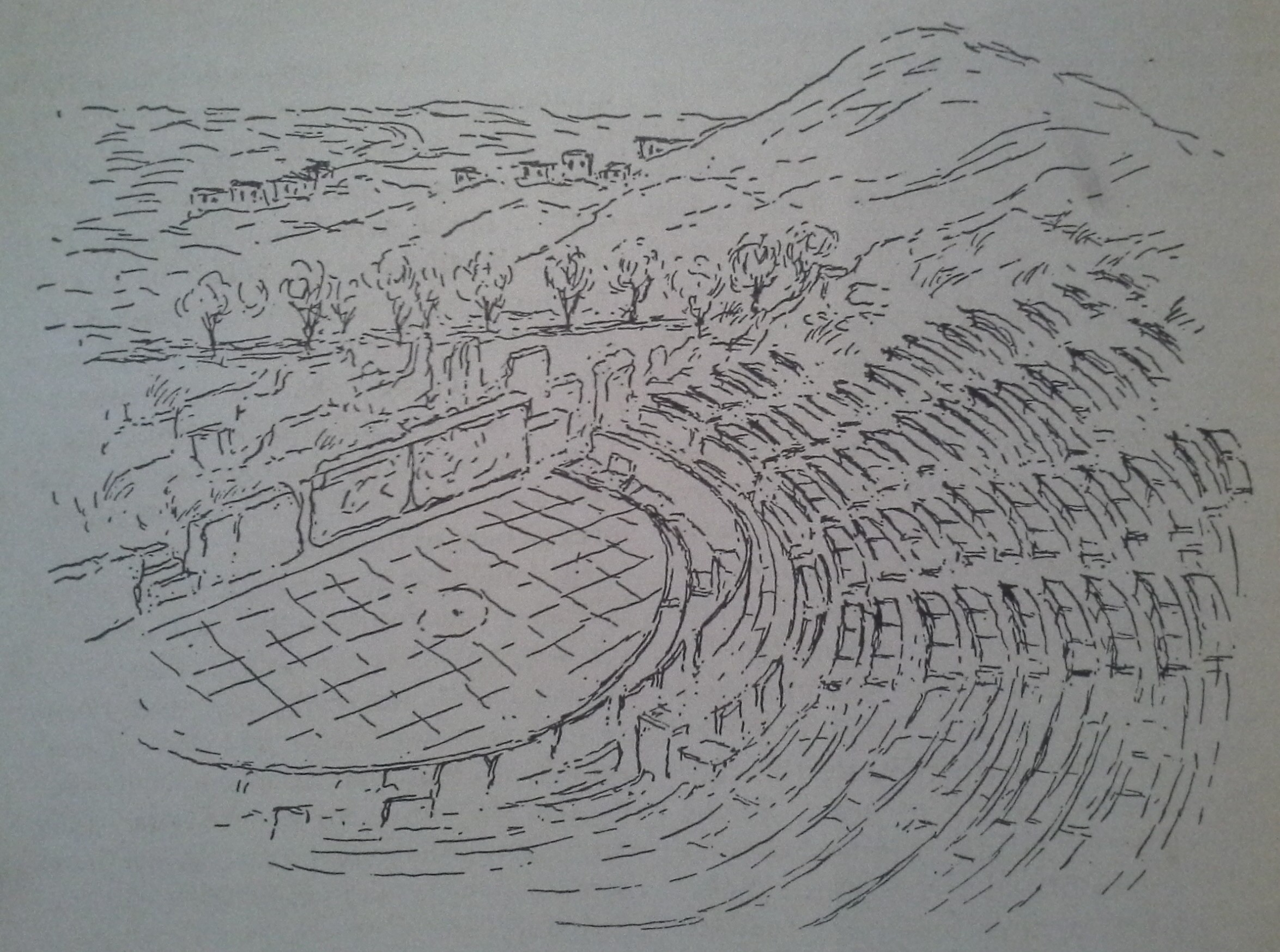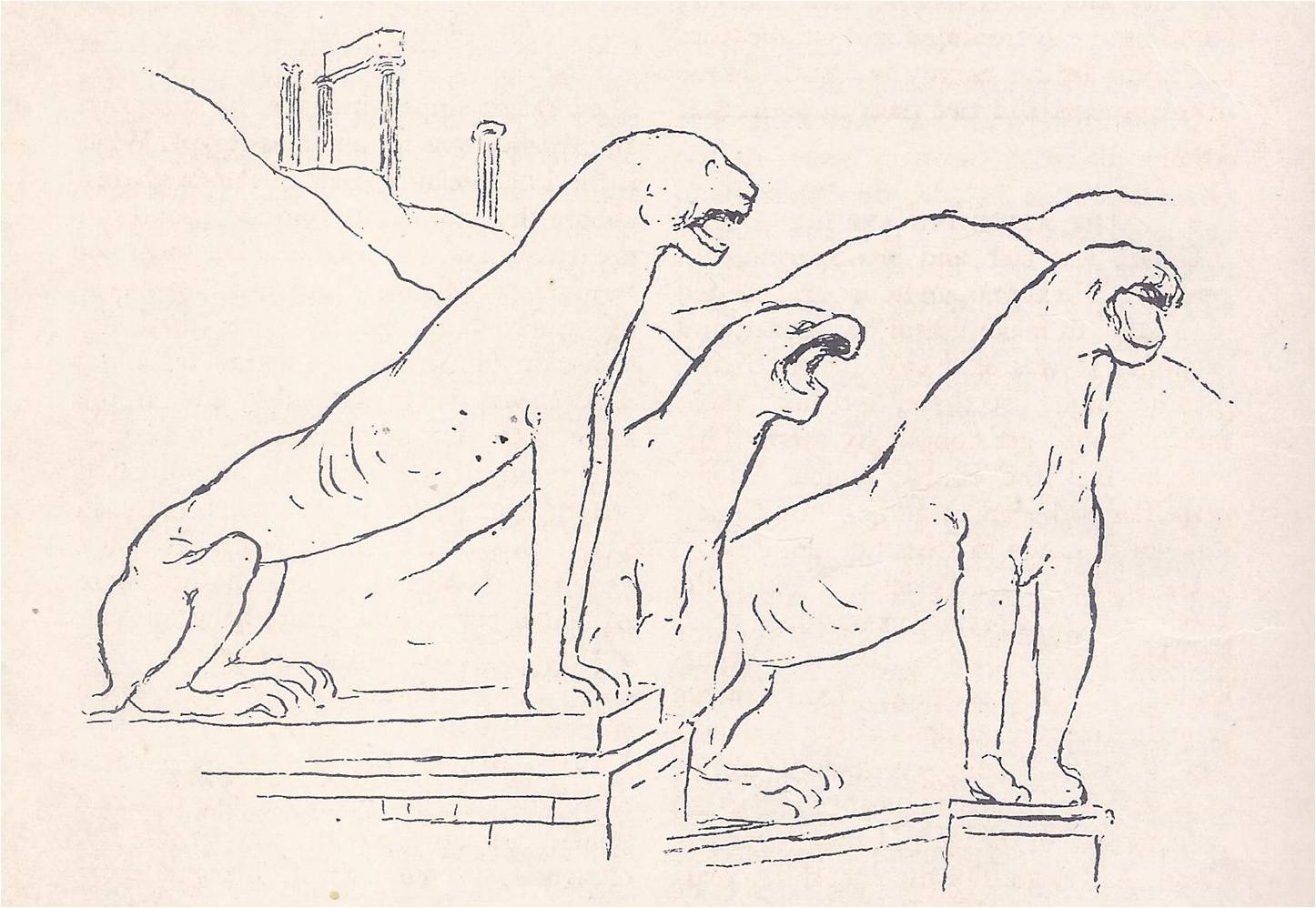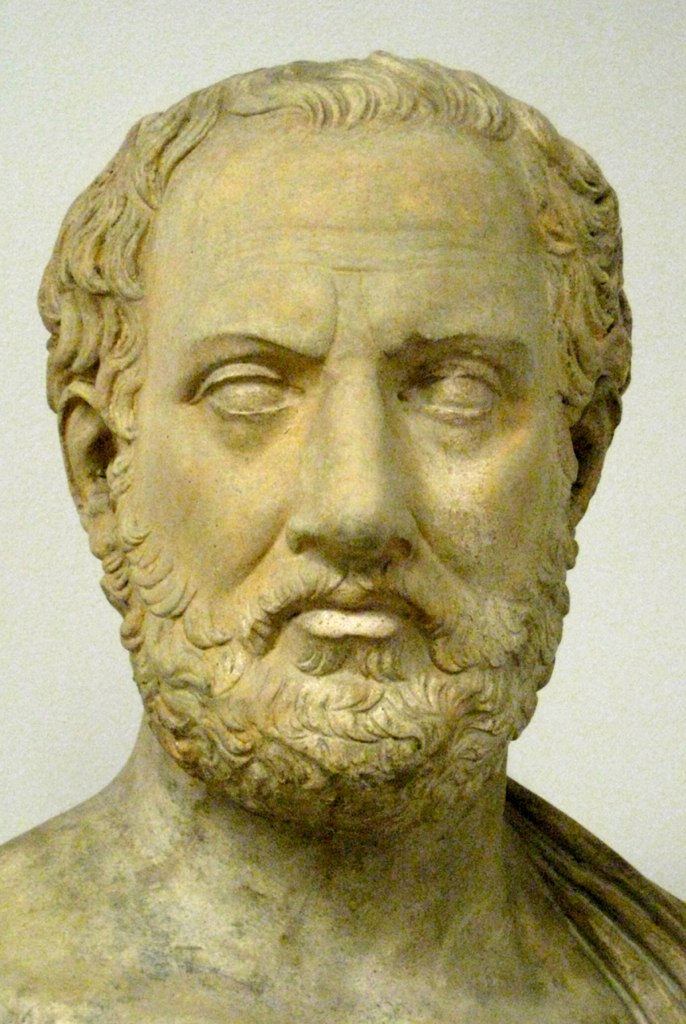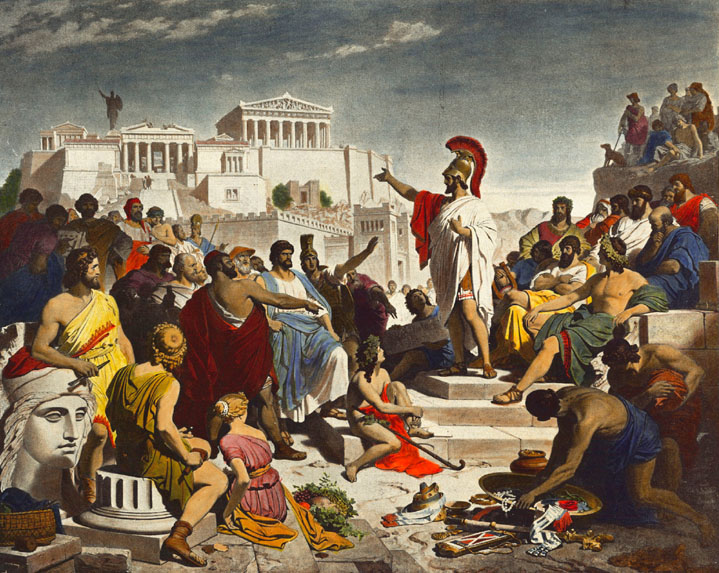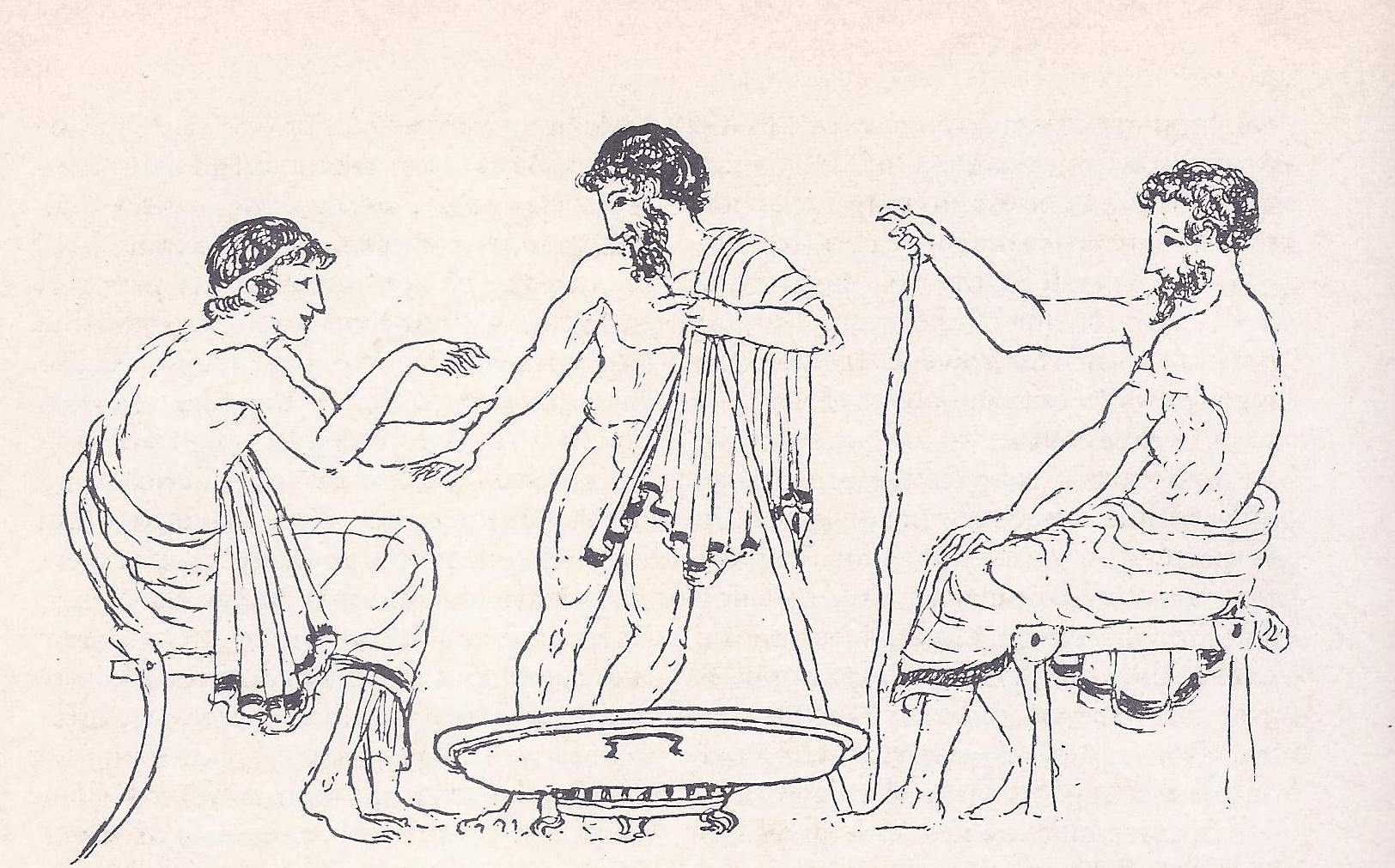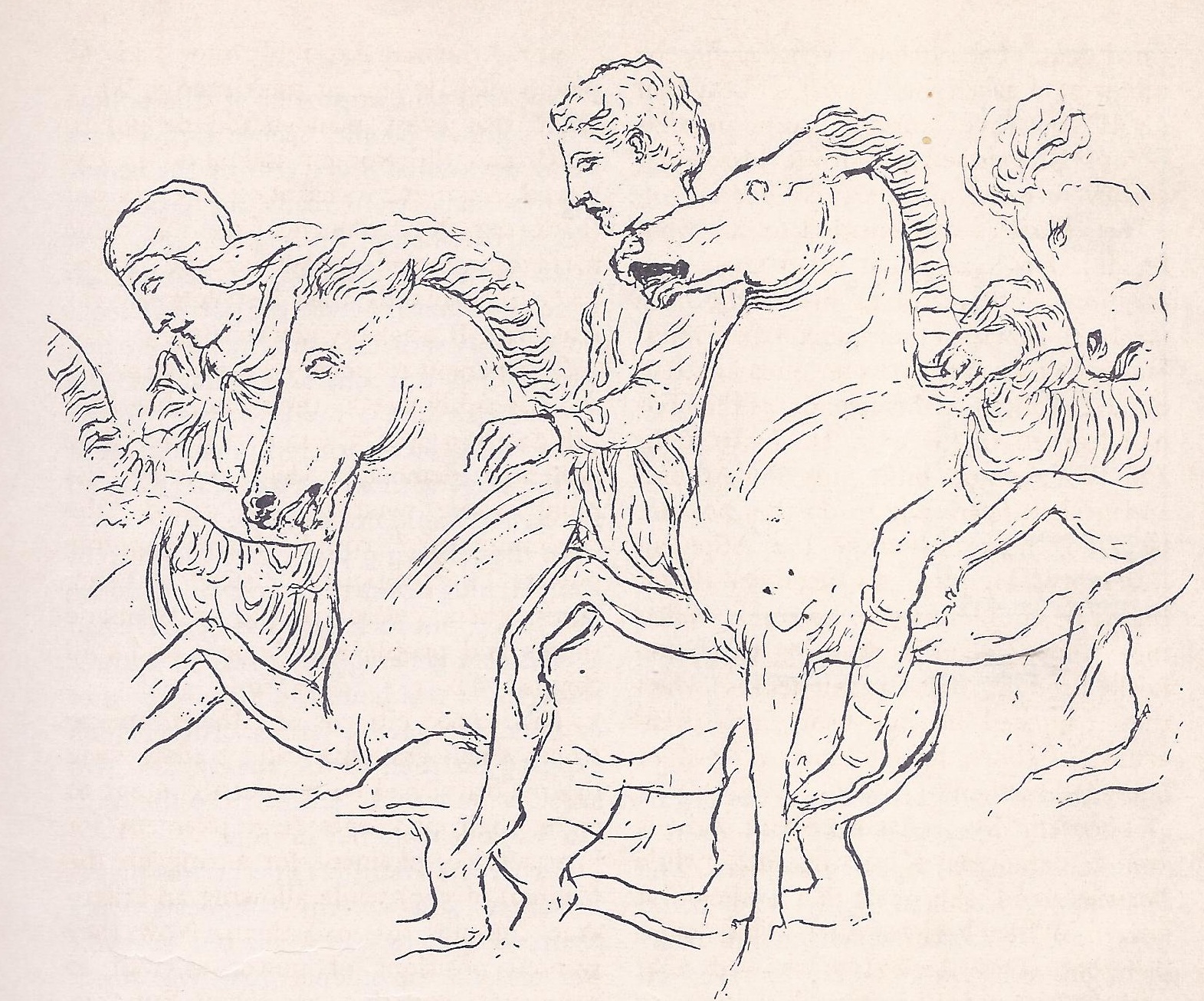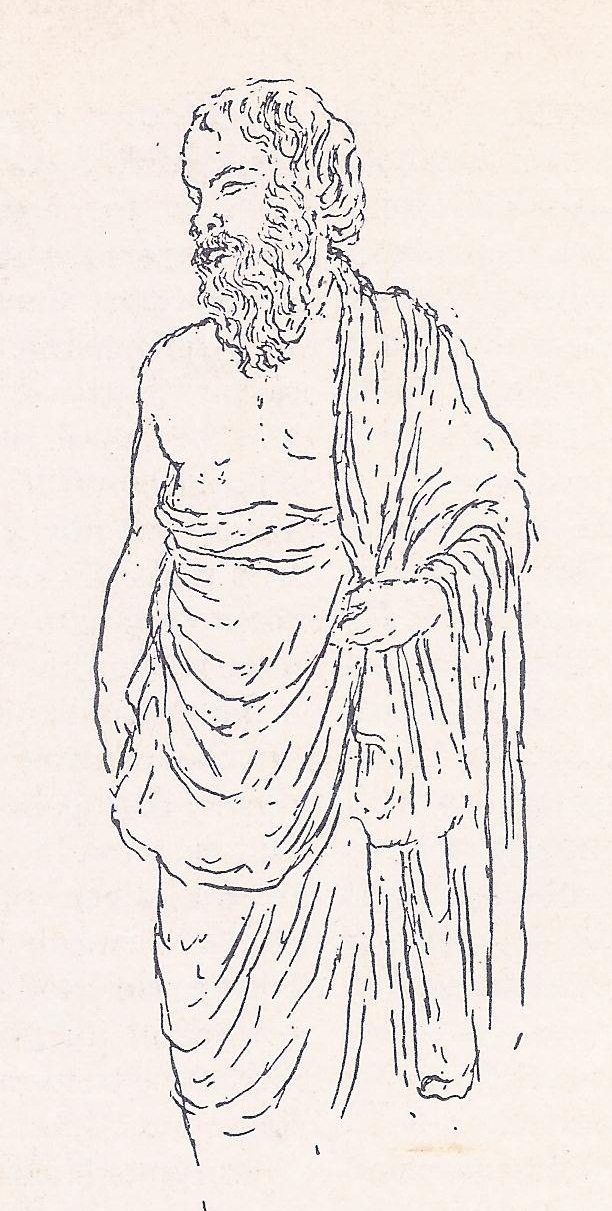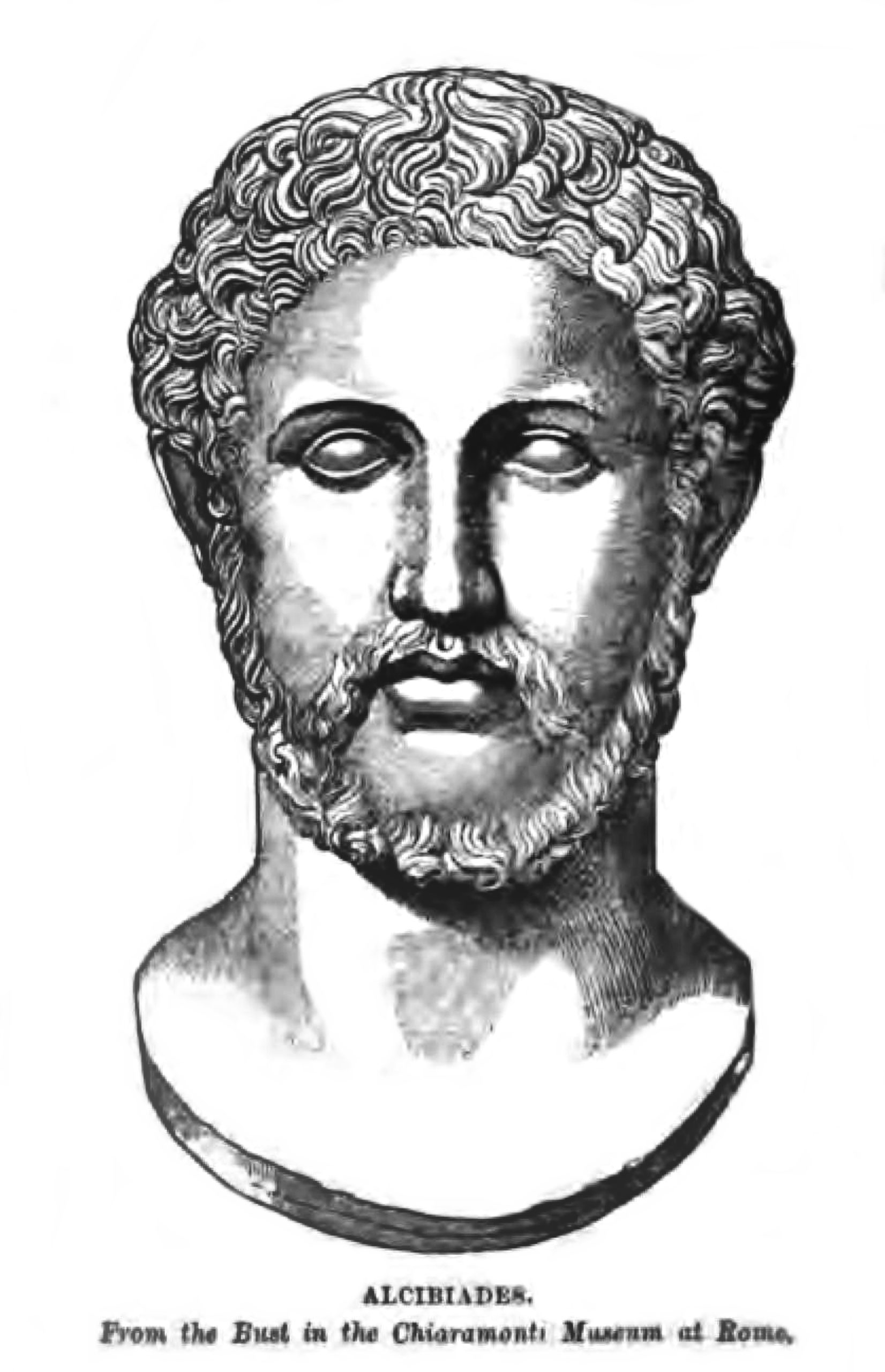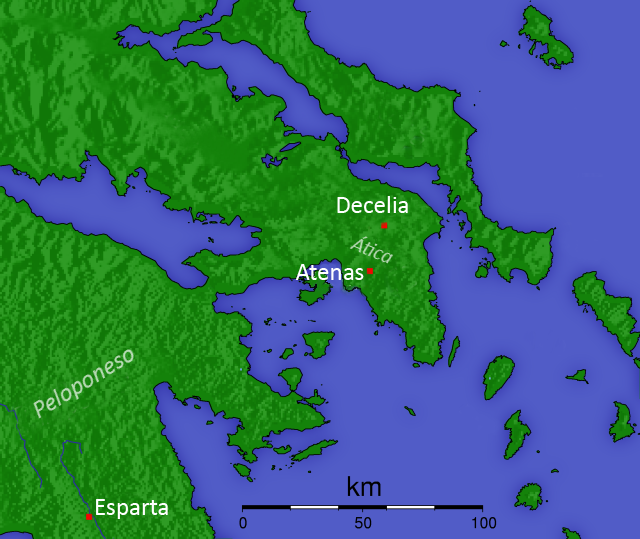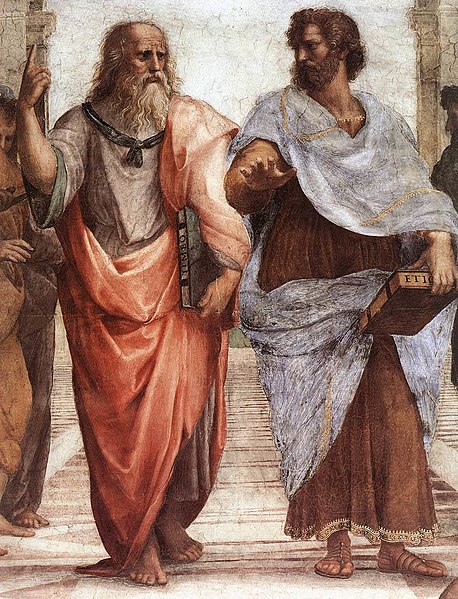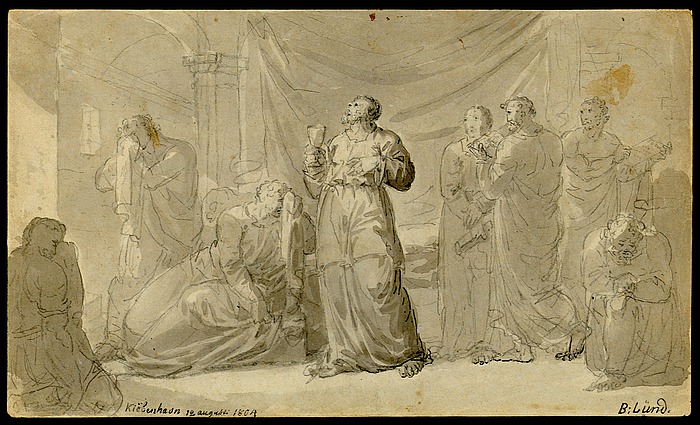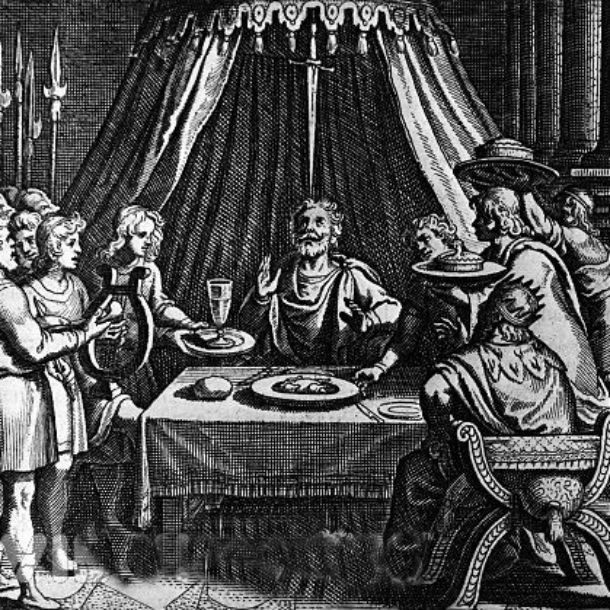Latest Posts
Kings, Tyrants and Democracy 1000 B. C. to 100 B. C.
During the Dark Ages, the large kingdoms of Homer’s Achaean heroes had disappeared. The Greek world was now dotted with
Gods and Heroes 800 B.C. – 550 B.C.
From island to island and town to town, across the wide new world of the Greeks, the minstrel wandered, with
Companions of the King 1500 B.C. – 1000 B.C.
Across the plains of Peloponnesus, flashed the swift chariots of knights and warrior-princes. They wore armour of gleaming bronze and
Early Civilizations to Modern Age
“Peace in Our Time” 1938 – 1939
Czechoslovakia was a country of many peoples. The largest groups were the Czechs and the Slovaks, but in the region
A World at War 1939 – 1941
Now the people of Europe began to hear a new sound, a sound that would haunt them throughout the years
Victory in the Pacific 1941 – 1945
On June 25, 1940, the Japanese war minister said, “The present international situation is developing in a manner advantageous to
Distant Past and New Challenges
Milestones of History
The Roman Republic is Reborn with Imperial Splendour (73 – 31 B.C.)
The happy judgment of the historian Polybius on the strength of the Roman constitution, because of its mixture of popular,
The Emperor Augustus (B.C. 31)
The assassination of Julius Caesar in 44 B.C. initiated thirteen years of bloodshed, during which the people who had plotted
Octavian and the New Roman Empire (B.C. 31 – 9 A.D.)
Octavian delivers the state from that was plunged into depression. A few weeks after January 1 in the year 29 B.C. the
